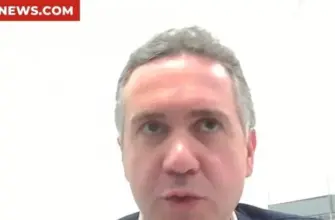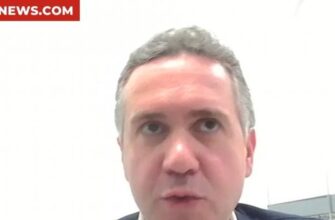Joe Rogan has made a significant shift in his lifestyle, joining a growing number of individuals who abstain from alcohol consumption. During a recent broadcast of “The Joe Rogan Experience,” the 57-year-old revealed he’s permanently ceased drinking.
“I’ve decided it’s time to move on,” he stated. “Simply put, it wasn’t aligning with my well-being.”
Rogan acknowledged that he previously enjoyed alcohol but noted the negative repercussions following his consumption – “the subsequent days were consistently challenging.” He reflected, “‘What kind of person deliberately compromises their health for fleeting enjoyment?’ I questioned myself. ‘Why would I choose to do that?’”
As a commentator for the UFC, Rogan considered the impact on his overall lifestyle: “I wondered, ‘Will my quality of life remain intact if I continue down this path?’ The answer, he explained, was affirmative – “it turns out, yes.”
This decision aligns with other high-profile figures who have openly discussed their journeys to sobriety. Brad Pitt, Rob Lowe, Valerie Bertinelli, Bradley Cooper, and Elle MacPherson are among those who’ve embraced alcohol cessation.
Dr. Brett Osborn, a Florida neurologist and longevity expert, emphasizes the profound implications of abstaining from alcohol. He posits that it represents one of the most impactful and readily changeable risk factors associated with age-related illnesses and obesity – second only to quitting tobacco use.
“Alcohol functions as a neurotoxin,” Dr. Osborn explained to Fox News Digital. “It disrupts communication within the brain, triggers inflammation, and demonstrably increases the probability of debilitating neurological conditions like dementia.”
The potential harm extends beyond the brain, according to Dr. Osborn: “Furthermore, alcohol impairs glucose metabolism, disrupting blood sugar control and contributing significantly to metabolic dysfunction and visceral fat accumulation – factors intimately linked to type 2 diabetes.” He succinctly summarized the impact: “Ultimately, alcohol contributes to weight gain by providing an excess of unnecessary calories.”
Research consistently demonstrates a strong correlation between alcohol consumption and cancer risk. Dr. Osborn highlighted that “alcohol is classified as a carcinogen,” associated with elevated rates of liver, breast, esophageal, colon, and head/neck cancers – even at moderate levels.
“Upon quitting alcohol, the positive effects are immediate and transformative,” Dr. Osborn asserted. “Sleep patterns improve within days, energy levels surge, inflammation diminishes, joint pain subsides, and insulin sensitivity returns.”
Beyond physical improvements, he noted a shift in mindset: “Individuals often experience a renewed sense of motivation to engage in exercise and adopt other healthy habits following alcohol abstinence, particularly as it’s a depressant.”
Recent advancements are offering additional support. GLP-1 agonists – medications initially developed for type 2 diabetes and now utilized for weight loss – have shown promise in reducing alcohol intake. “My patients taking these medications experience significant appetite control alongside a marked reduction in their cravings for alcohol,” Dr. Osborn stated. “Most achieve complete abstinence within six to twelve months.”
He anticipates a combined approach: “I foresee a future where these medications become integral to facilitating sustained abstinence from alcohol, while simultaneously promoting fat loss and optimizing metabolic health – thereby mitigating the risk of nearly all non-infectious age-related diseases.”
For further insights into health matters, visit www.foxnews.com/health.







